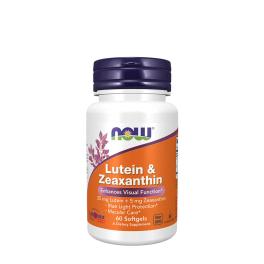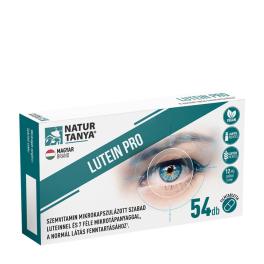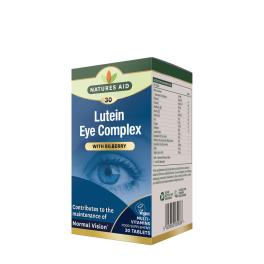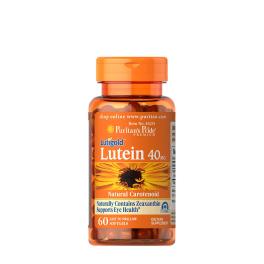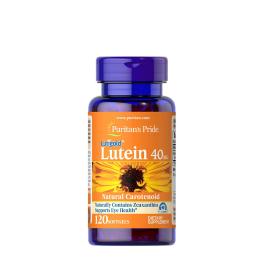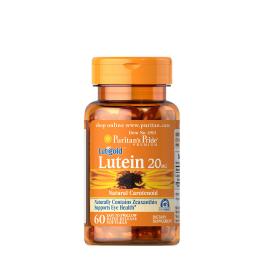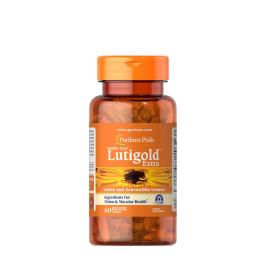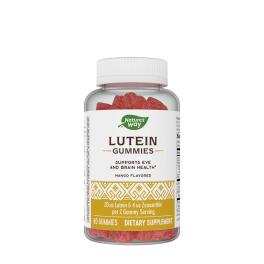Lutein is one of the carotenoids that make up the retina and macula, its counterpart is the carotenoid zeaxanthin. Together, the two are responsible for the process of clairvoyance.
Vision is a fascinating natural phenomenon. We see everything through the light that enters our eyes, the light is detected by light-sensitive receptors (photoreceptors) on the retina, surrounded by carotenoids, which "attract the light to the receptors". These receptors are located at the end of the optic nerves, then the electricity generated by the perceived light reaches the brain via the optic nerves, where the image then appears in our consciousness.
The yellow spot, or macula, is responsible for sharp vision, here the light does not encounter any obstacles and can reach the receptors directly, which is why the image is sharp. The macula contains large amounts of lutein and zeaxanthin.
The effect of lutein on human vision
Lutein has antioxidant properties and may protect the eye from free radical damage. This can help reduce harmful effects such as harmful UV radiation or blue light.
So, lutein is essential for the process of sharp vision. Several studies report that lutein can help prevent age-related macular degeneration. Lutein and zeaxanthin are also responsible for eye health.
When using digital devices, the role of lutein is extremely important, as it can help reduce the harmful effects of blue light. Long-term exposure to blue light can negatively affect eye health, and the protective effect of lutein can be significant in this regard.
However, it is important to note that although lutein is extremely important in supporting eye health, no single nutrient can perform miracles. A healthy diet, proper eye protection, and medical checkups all play an important role in preserving and protecting vision.
In addition, lutein has beneficial antioxidants, protecting the eyes from damage caused by free radicals. This further strengthens the beneficial effect of lutein on eye health.
Due to its antioxidant effect, it can benefit the health of the cardiovascular system and the nervous system, and it can protect the skin against harmful UV-B radiation.
Foods rich in lutein:
- Parsley, spinach, broccoli, peas, kale
- Grapes, oranges, red peppers
In addition to eating a varied diet, it is recommended to take lutein capsules as a food supplement in order to maintain eye health. However, it is important to note that when taking any nutritional supplement, you should first consult a doctor before using any supplement or dietary supplement, especially if you have pre-existing health conditions or are taking other medications.
Taking lutein is generally considered safe, and side effects may be rare or minimal, especially if the recommended dosage is followed. However, some people may experience certain side effects or sensitivity reactions, although these are usually mild and temporary complaints. For example: indigestion, itching or redness.
It is important to note that individual reactions may vary and that everyone may react differently to taking lutein. If you notice any negative symptoms while taking lutein, or if you are concerned about side effects, it is recommended that you consult your doctor or a healthcare professional. Also, it is always important to follow the manufacturer's recommended dosage and directions for best results and to minimize side effects.

